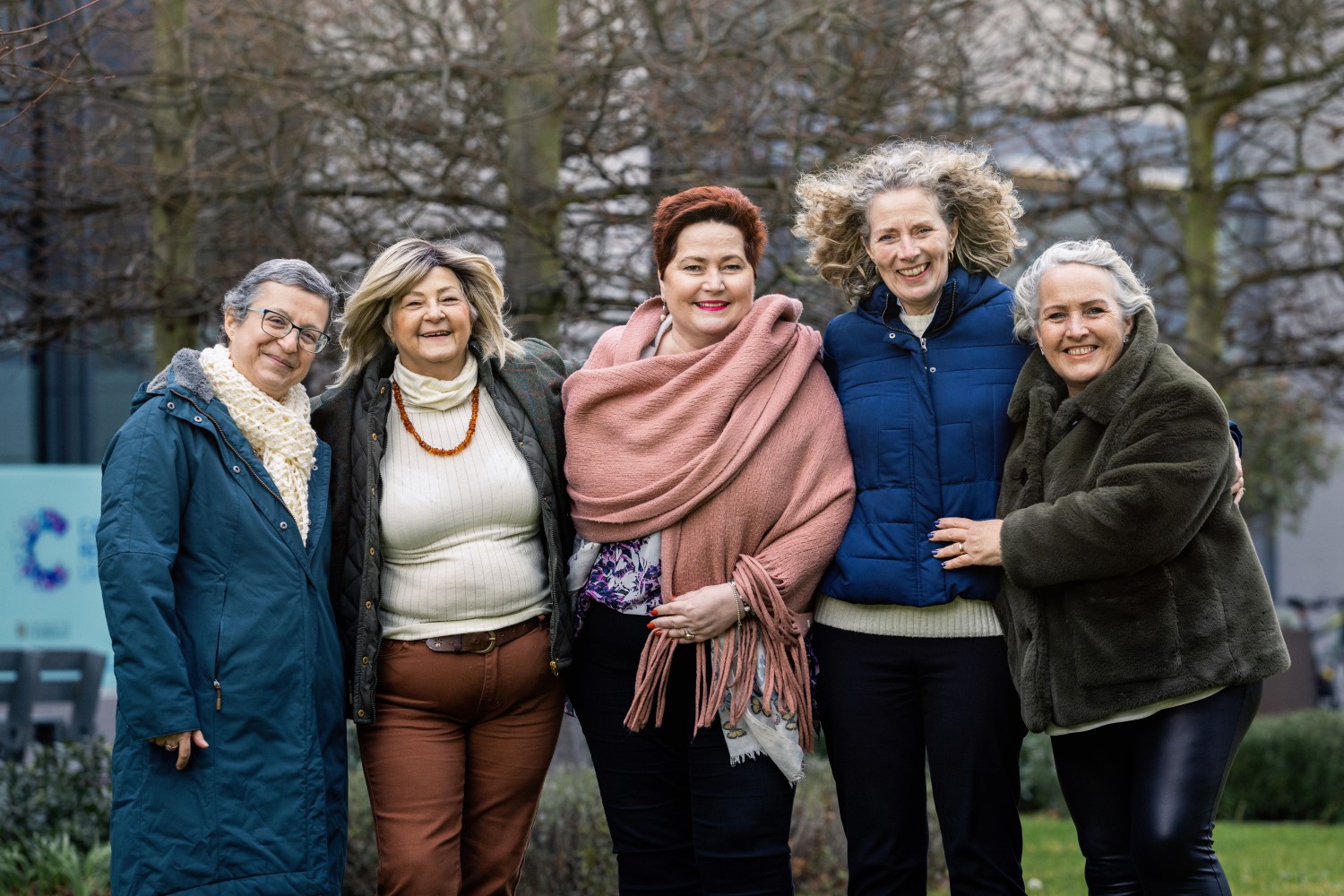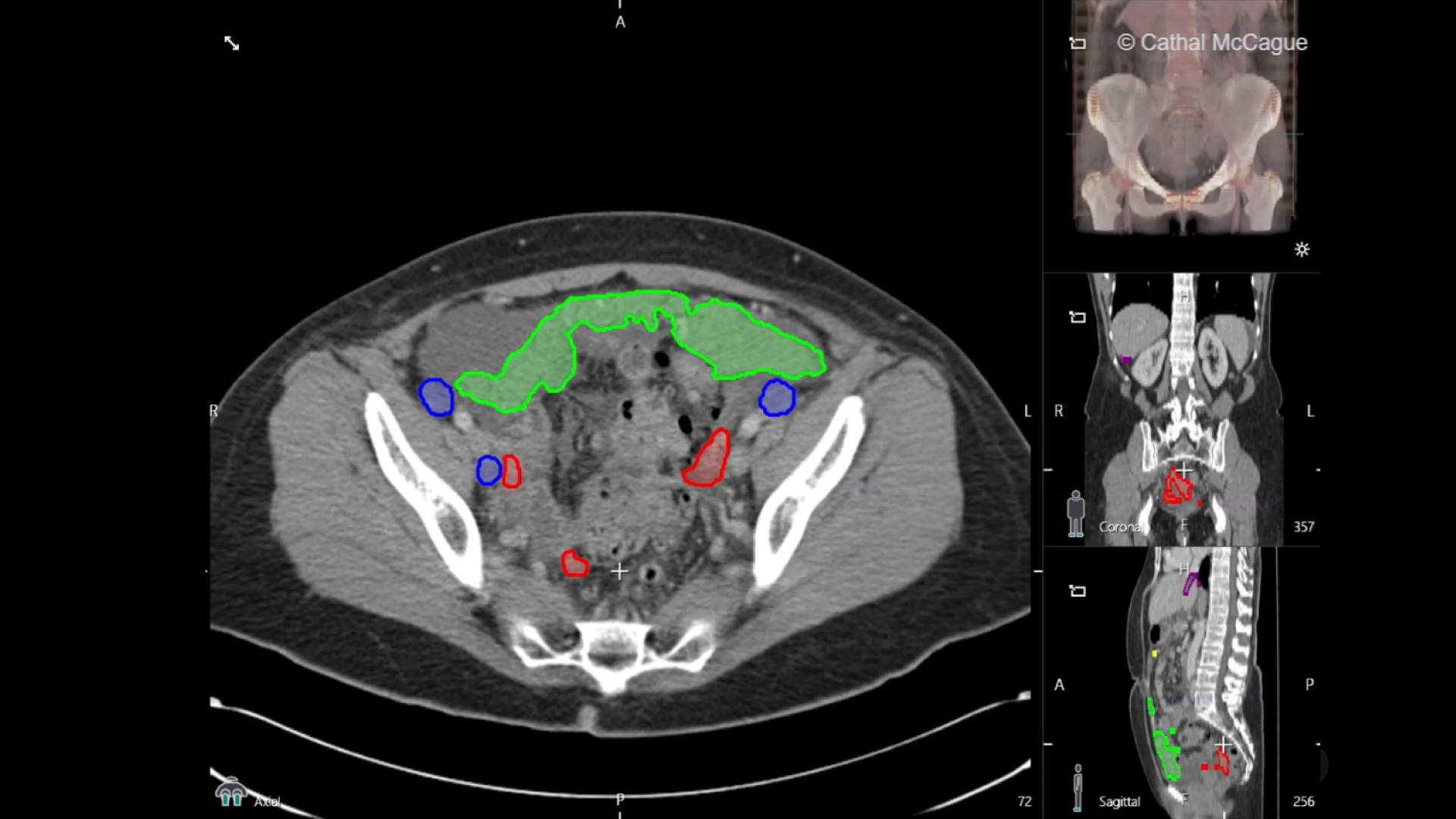
The University of Cambridge alongside Cambridge University Hospitals and industry researchers are researching the application of Integrated Cancer Medicine techniques to patient data with the potential to radically improve treatment of cancer in the UK and globally.
This transformative research uses Machine-Learning technologies to integrate complex patient data from several sources into one interface – including, multiple imaging scans, digital pathology, genomic data, advanced blood tests and treatment information.
Integrated Cancer Medicine forms part of ambitions to leverage the University’s world-leading academic base, industry researchers and the NHS’s clinical expertise to improve patient outcomes for those with some of the hardest to treat cancers.
The rarity of some cancers – such as ovarian cancer – means that research into the most effective treatments can be slower than for other diseases. On average, this means that outcomes are worse, and treatment is often less effective. In the UK, only 43% of women with ovarian cancer survive five years beyond their diagnosis, compared with more common cancers such as breast (85%) and prostate (87%).
Professor James Brenton, Senior Group Leader at the Cancer Research UK Cambridge Institute and Co-lead of our Ovarian Cancer and Integrated Cancer Medicine Programmes, said: “The cure rate for women with ovarian cancer regrettably remains very low despite new important medicines such as PARP inhibitors coming into the clinic. Now, new technologies and frontier research taking place in Cambridge offer the potential to improve patient outcomes and to understand why treatments fail, marking a new journey in the story of cancer treatment.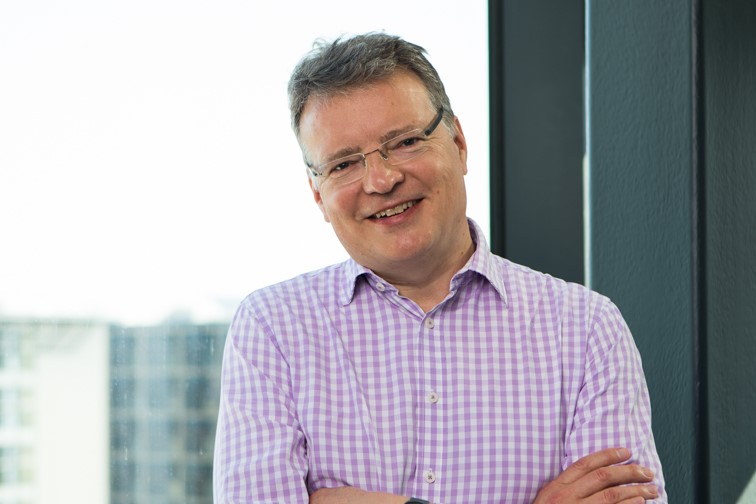 "Bringing together complex data with machine learning techniques means clinicians will be able to make better decisions for patients, not just in Cambridge but by sharing the model with other hospitals, across the UK. These studies would not be possible without the support and input of our patient group who are critical collaborators in this work.”
"Bringing together complex data with machine learning techniques means clinicians will be able to make better decisions for patients, not just in Cambridge but by sharing the model with other hospitals, across the UK. These studies would not be possible without the support and input of our patient group who are critical collaborators in this work.”
Currently, the Integrated Cancer Medicine techniques are being developed with the involvement of patients with ovarian and several other cancers, with ambitions to broaden this out to other cancers in the future. This innovative approach could result in cancer patients receiving more optimal treatments as they battle the disease, and indeed a small number of AI approaches are already in use as well as many more being developed in the research setting. These include the integration of data streams via Cambridge invented algorithms as well as further Machine Learning techniques employed in the imaging data integration pipeline.
The work on ovarian cancer forms one strand of an entire programme of research at the Mark Foundation Institute for Integrated Cancer Medicine (MFICM), part of the CRUK Cambridge Centre at the University of Cambridge, which includes research on breast cancer, renal cancer, pancreatic cancer and patients with high-grade B cell lymphoma. The research is funded by The Mark Foundation for Cancer Research US Ltd and Cancer Research UK.
Currently the standard treatment pathway for ovarian cancer is an initial round of chemotherapy followed by surgery. However, a recent study found that 39% of patients did not see any benefit from the initial chemotherapy. The approach being developed at Cambridge gives doctors and patients much more information on which to base treatment decisions – with more detailed scans of tumours, and an ability to predict how they might respond to different treatments.
Professor Evis Sala, Professor of Oncological Imaging in the Department of Radiology, and Co-lead of our Advanced Cancer Imaging and Integrated Cancer Medicine Programmes, said: “The combined expertise and resources being deployed to help fight cancer in Cambridge offers real promise for improving the way we manage the disease in our NHS in the years to come. We are pushing forwards the development of new technologies and tools such as advanced image analysis and AI-based multi-layer data integration that could help us design better treatment pathways for cancer patients.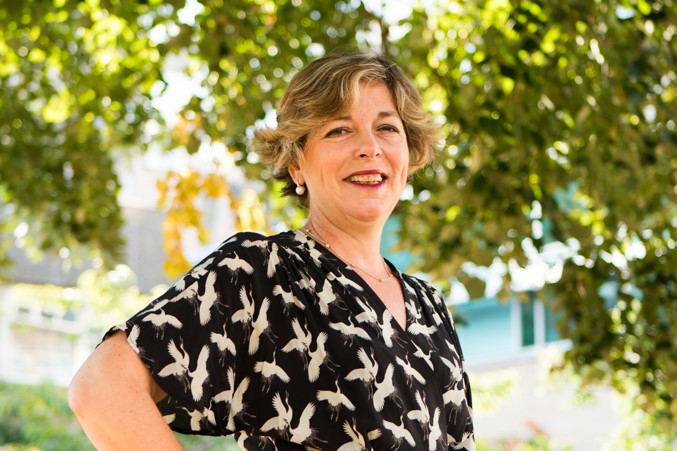 "Whilst this programme is focused on fighting ovarian cancer, the University of Cambridge along with its industry partners and the life sciences community here will help the UK at large lead the world in the research and treatment of a variety of cancers.”
"Whilst this programme is focused on fighting ovarian cancer, the University of Cambridge along with its industry partners and the life sciences community here will help the UK at large lead the world in the research and treatment of a variety of cancers.”
These diagnostic technologies and precision treatments will be housed in the planned Cambridge Cancer Research Hospital. It will bring NHS clinicians together with leading researchers to dramatically improve patient outcomes locally, nationally and internationally as part of a partnership between Cambridge University Hospitals and the University of Cambridge.
The ambition for the new hospital is to be truly transformational, as Professor Richard Gilbertson, Head of Department of Oncology and Centre Director, explains: “Patients will receive the highest-quality care with the best possible therapy at the forefront of research. The hospital will bring the power of unified information to the bedside of each patient, optimising their chance of an extended life.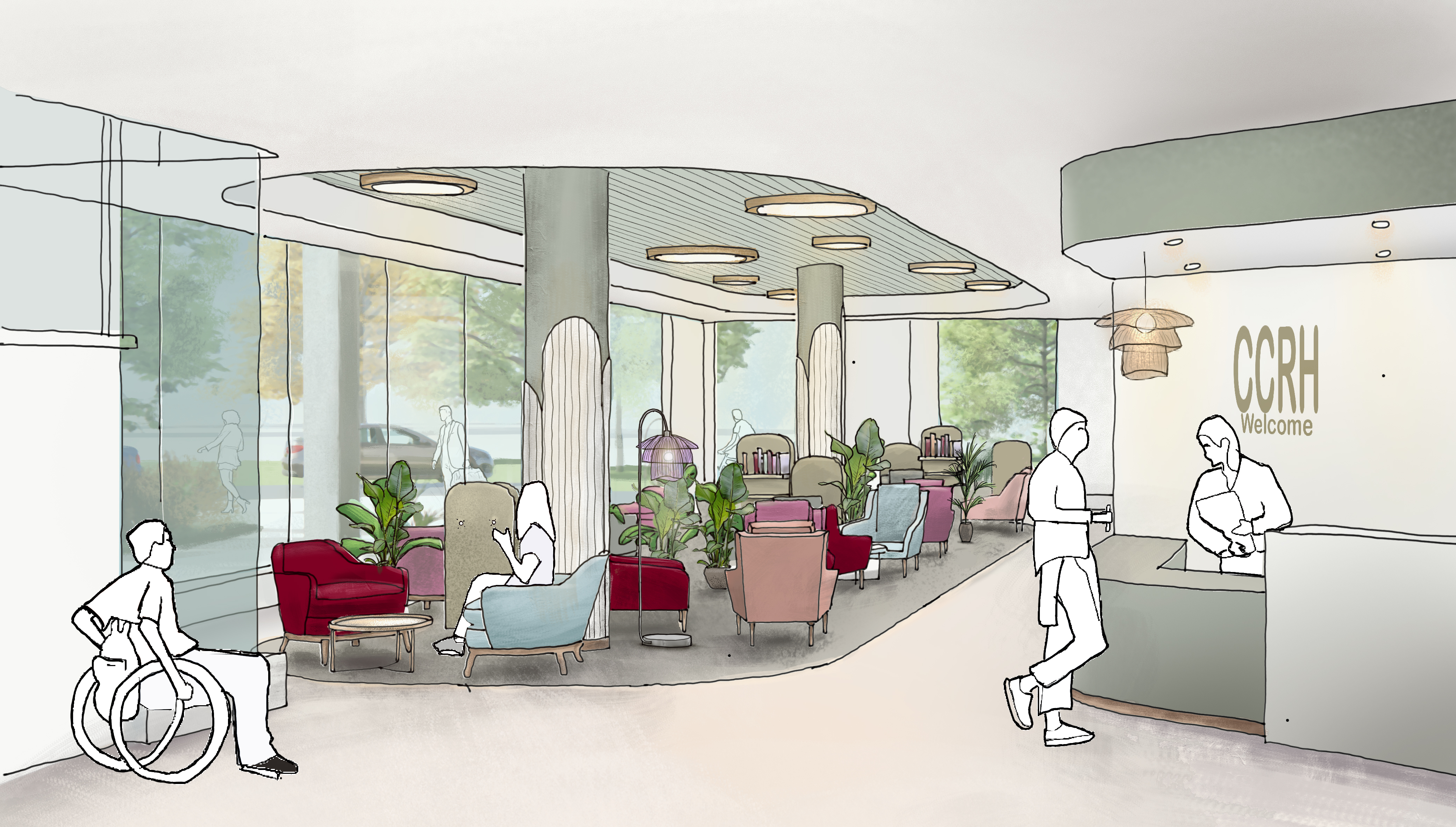 “We currently focus integrated cancer medicine on breast, ovary, renal, pancreatic and haematological malignancies, but we’ll spread that to all cancer types. By locating research at the heart of our hospital we will change the story of cancer for patients locally, regionally and across the globe.”
“We currently focus integrated cancer medicine on breast, ovary, renal, pancreatic and haematological malignancies, but we’ll spread that to all cancer types. By locating research at the heart of our hospital we will change the story of cancer for patients locally, regionally and across the globe.”
Meet the women helping to change the story of ovarian cancer













